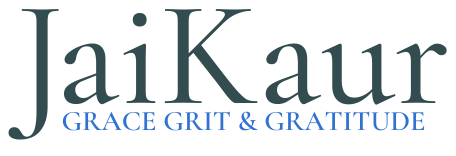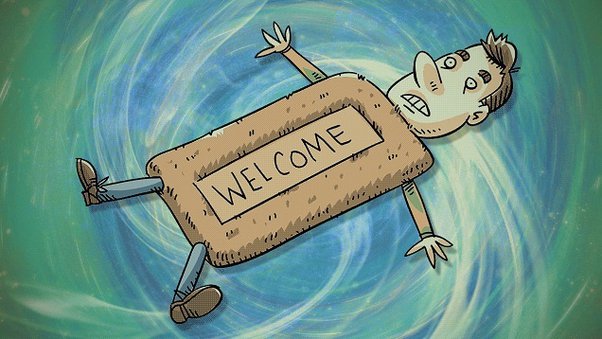One of the common threads of the smart, capable people I work with is a childhood in which a parent would threaten or withhold love for having the child behave as the parent wanted. No, these are not childhoods where deprivation or poverty was present; quite the opposite. It was a childhood in which the child was to be nice so as to not socially embarrass the parent (by acting like a child) by controlling the child’s behavior and expression. Given that children are dependent on the graces of their parents for survival, children will hide away who they are and want they need in order to be safe. And, in not updating the behavior that kept them safe as dependent children once they became independent adults, the abandonment of themselves and their needs continues. Leading them right into relationships where they are taken advantage in large part due to being so nice.
A hallmark of a person feeling abandonment of their needs as a child is a low trust of life to do right by them. And what was abandonment by a parent of their job to support their child’s needs and expressions, becomes self-abandonment as an adult. Having learned as a child to abandon their needs and to feel their desires as unsafe, the adult continues to defer to others in order to be considered nice and thus safe. Being nice when someone disses them, being nice when their voice is dismissed as having any value, being nice and smiling when what is called for is a “hell no!”. The path to being treated badly is littered with responses based in being nice; being nice often confused for the authentic behaviors of patience, compassion, tolerance, etc.
Self betrayal is a tough place to be and intimate with being nice in order to stay safe, be liked, and be valued. An irony in adult life is that what kept you safe as a child can do just the opposite as an adult. Just ask someone who has been nice and is still treated badly by a lover, a boss, a family member just how safe and valued and loved they feel. Yet feeling helpless and hopeless is a learned behavior; what baby tells itself not to bother trying again to stand up, to walk, to talk when they fail the first time they try? And given that feeling helpless and hopeless is a learned behavior, it can be unlearned. Which only needs you to feel that you are valuable enough to focus time and energy on for changing what drives your choices.
Focusing on yourself when you don’t like what is going on in a relationship with a partner, a family member, a work relationship is focusing on where you have the most power-with yourself. And, when you learn to change how you make your choices and you do so even when it feels risky to do so, good things happen. The bar you hold for who gets to have power in your life gets higher and your tolerance for being treated poorly by people in your life gets less. Sometimes that means an abusive relationship ends, sometimes that means you let go of expecting someone else to change, and always it means that you regain power you lost when you were forced to choose between your safety and your expression (of power) as a child.
The work I do with the people often focuses on a challenging relationship as a place to learn from, a place to risk being yourself, a workshop for restoring your trust in yourself and life. Yet the skills people learn and their updated beliefs about their right to be living life on their own terms, carries forward into both other parts of their life as well as the rest of their life. Take a look at some of the stories of people I’ve worked with and you’ll see that not only did our working together make the situation that brought them to me better. But that they also called out how much better more of their life got.
If you or someone you know could benefit from a conversation for exploring how life could get so much better, sign up for one of my no cost Clarity Sessions. We’ll spend 45 minutes together by phone for me to listen to you and then offer a few thoughts of how things could become better.

